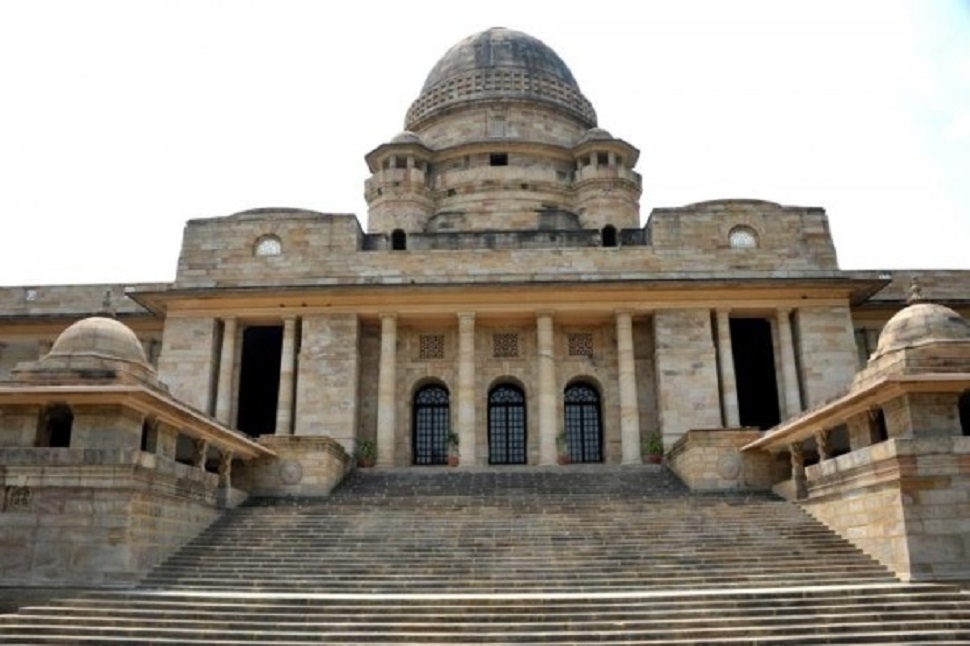‘Submit validity certificate in 12 months or face disqualification’
| Date :22-Apr-2019 |

Staff Reporter:
Upholding the validity of the rule making it mandatory for elected representatives to submit caste validity certificate within 12 months from the date of their election contested after September 27, 2018, the Bombay High Court has refused to dilute the rule on the ground of inordinate delay by caste scrutiny committees in issuing validity certificates. A division bench consisting of Justice Ranjit More and Justice Bharati Dangre while interpreting the amended Section 5B of the Maharashtra Municipal Councils, Nagar Panchayats and Industrial Townships Act, 1965, reiterated that those elected from seats reserved for particular category must procure and submit validity certificates within 12 months from the date of their election. Initially, the period was six months, but looking at the practical difficulties, the period was subsequently extended to 12 months. Justice Bharati Dangre while authoring the well-researched judgement on behalf of the division bench rejected the contention of corporators facing disqualification that the provision to submit caste validity within 12 months was directory and not mandatory.
It was always intended to be a mandatory requirement and if the caste validity certificate is not produced within time-frame, the candidate would have to face consequences. The candidate who comes and files nomination papers for a reserved seat must have submitted his claim for verification to the Committee and tendered a proof thereof and also submit an undertaking he will produce the validity certificate within one year and if he is unable to do so after one year, the consequences of disqualification will fall on him, the High Court noted.
Quoting latest pronouncement of Supreme Court on abuse of reservation by those without valid caste certificates, the High Court noted that judicial pronouncements are very clear on the issue and no undeserving group of individual should get benefit of the reservation, that too the right to contest from reserved seat, without valid caste certificate.
The legislature being conscious of the fact that the Scrutiny Committees are overburdened with the task of scrutinising claims and inability to decide the matter within time-frame, extended time from six months to 12 months to avoid disastrous consequences due to reasons beyond control and attributable exclusively to the Scrutiny Committee. At the same time, a candidate who has obtained the caste certificate but do not obtain validity certificate prior to September 27, 2018 is saved from the disqualification and the period of 15 days is given to him to produce the validity certificate. “The legislature has thus not conveyed any relaxation in its intention for the consequences to fall in case of nonproduction of the validity certificate within the period undertaken by the candidate,” the High Court ruled. About delay in issuing certificates, the High Court left it to State Government to “derive a mechanism for speedy disposal of the claims within the time line framed by the statute.”
The State Government may constitute more Committees to speedily process the caste claims, the High Court observed while refusing to advise the authorities on modalities to be followed to expedite the existing mechanism to validate the caste claims. The invalidation of a caste certificate thus result in two consequences (a) immediate cancellation or withdrawal of the benefits received by the candidate on the basis of such a false caste certificate and (b) prosecution of a claimant who procures the certificate which is found to be false by the Scrutiny Committee.